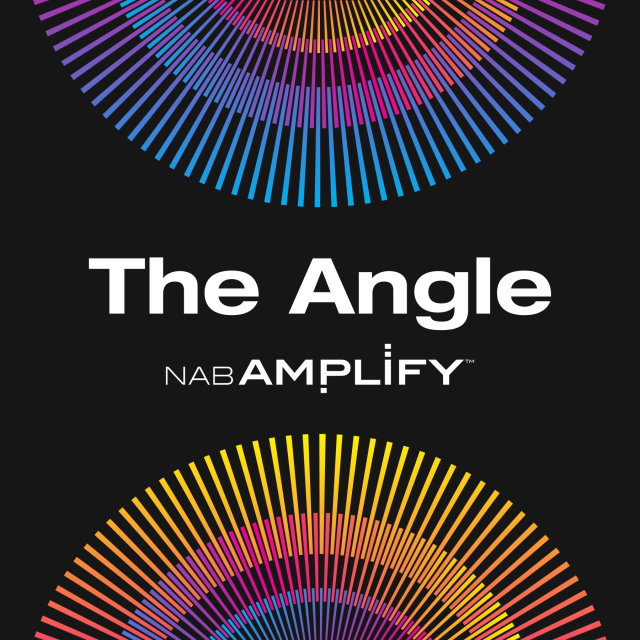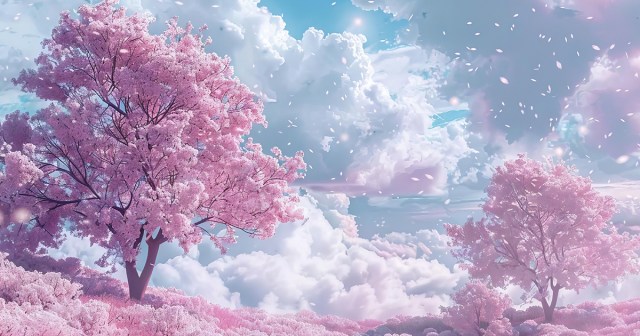
Experts are predicting that it’s only a matter of time before Hollywood studios release the first generative AI-driven movie, but is that actually the best use case for the new technology?
Most creative professionals — at least those who aren’t already vehemently opposed to AI — view it as more of a creative assistant, helping them extend their existing knowledge and passion to further unlock their own creativity.
A recent study by Anil R. Doshi and Oliver P. Hauser, published in Science Advances, explores the nuanced effects of GenAI on human creativity, and the implications for Media & Entertainment professionals are too big to ignore.
The study tasked 293 participants with writing an eight-sentence adventure story set on the open seas, in the jungle, or on another planet. To rank their inherent creativity, they were first asked to submit a list of 10 words that were as different from each other as possible.
Participants were then randomly divided into three groups: a control group using no AI, a group using only one AI-generated idea, and a group using up to five. The results were assessed by 600 evaluators, who each rated six randomly assigned stories according to their novelty and utility as the basis for a larger work.
“We find that access to generative AI ideas causes stories to be evaluated as more creative, better written, and more enjoyable, especially among less creative writers. However, generative AI-enabled stories are more similar to each other than stories by humans alone,” Doshi and Hauser write about the study’s findings.
“These results point to an increase in individual creativity at the risk of losing collective novelty. This dynamic resembles a social dilemma: With generative AI, writers are individually better off, but collectively a narrower scope of novel content is produced.”
Rhiannon Williams at MIT Technology Review notes that “the research adds to the growing body of work investigating how generative AI affects human creativity, suggesting that although access to AI can offer a creative boost to an individual, it reduces creativity in the aggregate.”
Doshi, an assistant professor at the UCL School of Management in the UK, tells Williams, “We see this leveling effect where the least creative writers get the biggest benefit. But we don’t see any kind of respective benefit to be gained from the people who are already inherently creative.”
This, explains Hauser, a professor at the University of Exeter Business School, is why it’s essential to study what AI models can and — more crucially — can’t do well as we grapple with what the rapidly evolving technology means for society and the economy. “Just because technology can be transformative, it doesn’t mean it will be,” he says.
READ MORE: AI can make you more creative — but it has limits (MIT Technology Review)
So, while AI can help level the playing field, it can only go so far, and nothing truly trumps human ingenuity. The lessons here are important for M&E. Generative AI can write scripts, create concept art, design storyboards, and even plan shots, but all of these “efficiencies” take agency away from the creative professionals — writers, concept artists, cinematographers, visual effects artists and more — who bring their inherent creativity to their roles. And the last thing Hollywood needs is more homogenized pap.
The social dilemma generative AI presents, as outlined by Doshi and Hauser, demonstrates how these technologies can be a double-edged sword, where individual gains in creativity result in a reduction in the diversity and uniqueness of creative outputs.
Here’s one hypothetical case to illustrate the issue: A production company is developing a new sci-fi series and decides to use generative AI to assist with the screenwriting process. The writers use AI to generate ideas for futuristic technology, plot twists, and character development.
While the AI provides innovative ideas, the final script lacks the depth and nuance of human creativity. The over-reliance on AI leads to a series that feels derivative and lacks originality, and critics and audiences notice the lack of a unique human touch, resulting in mixed reviews and lower engagement.
In another hypothetical, a filmmaker uses generative AI to enhance the visual effects and post-production processes of an action-adventure film. The AI assists with tasks such as color grading, visual effects and scene transitions. The AI helps create stunning visual effects, but the film lacks the artistic coherence and vision of a human-directed project.
The post-production process is streamlined, but at the cost of the filmmaker’s personal input and creative decisions. While the film is visually impressive, it fails to connect with audiences on an emotional level, ultimately leading to a lukewarm reception.
Are these scenarios really so far-fetched? A casual glance at the box office says no. While AI enhances individual creativity, the M&E industry must find ways to ensure that the collective output remains diverse and innovative. Policies and incentives should encourage original and diverse content, even in the face of AI-generated homogenization.
Studios and producers should incentivize unique and original content, even when using AI tools, to maintain the richness of the industry. This can include supporting projects that push creative boundaries and exploring new genres and storytelling techniques.
Originality is increasingly seen as a risky move for studios, streamers and TV networks. But avoiding these risks resigns us to something much worse. What do we really have to lose? It could be creativity itself.
READ MORE: Generative AI enhances individual creativity but reduces the collective diversity of novel content (Science Advances)

Why subscribe to The Angle?
Exclusive Insights: Get editorial roundups of the cutting-edge content that matters most.
Behind-the-Scenes Access: Peek behind the curtain with in-depth Q&As featuring industry experts and thought leaders.
Unparalleled Access: NAB Amplify is your digital hub for technology, trends, and insights unavailable anywhere else.
Join a community of professionals who are as passionate about the future of film, television, and digital storytelling as you are. Subscribe to The Angle today!



Discussion
Responses (1)